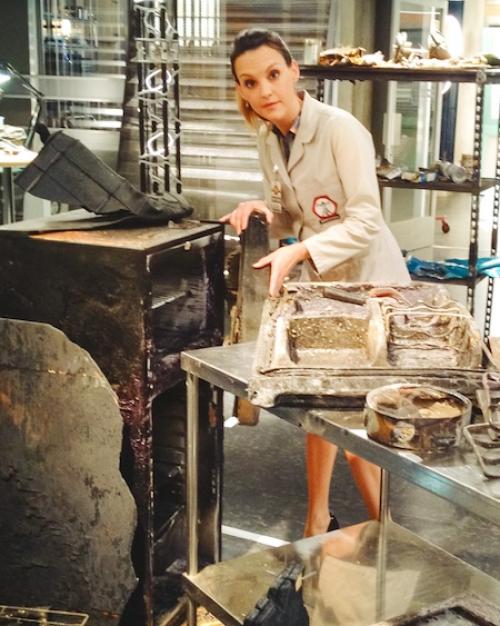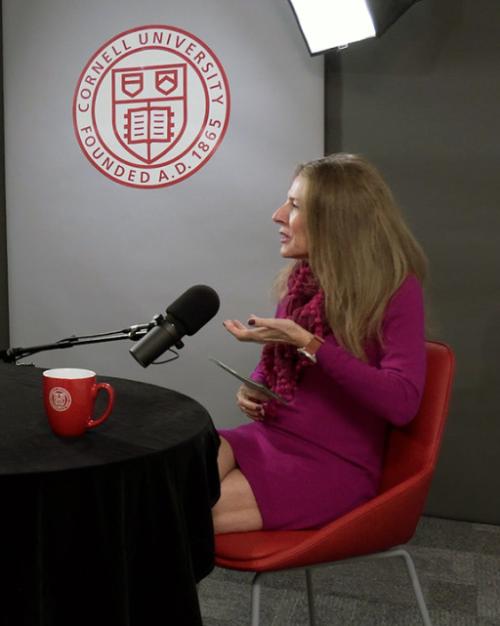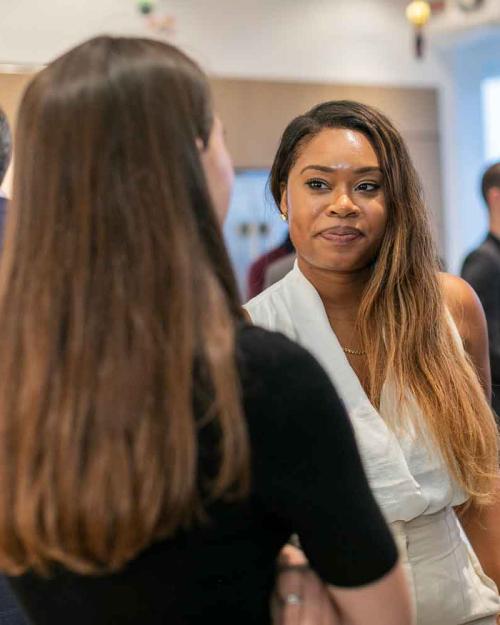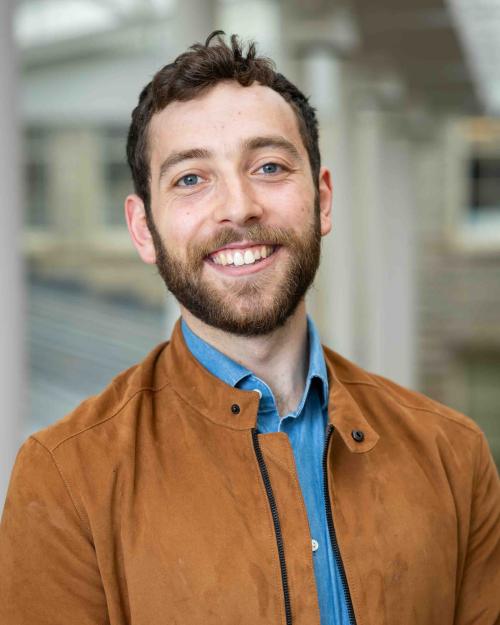Aidan Black
History
Chicago, Ill.
What was your favorite class and why?

As a history major on the pre-medicine track, my transcript looks like I had a random generator sift through the course roster. However, I’m incredibly grateful for the ability to have dipped my toes in so many different pools of knowledge. I’m going to cheat here and list two classes that were formative for different reasons. Dr. Darlene Campbell’s BIOG 1445 Introduction to Comparative Anatomy and Physiology was both wildly entertaining and incredibly reassuring that my passion for medicine was not a complete pipe-dream. While I was busy facing the wrath of general chemistry, Anatomy and Physiology was a combination of practicality and tangibility that I quickly fell in love with. Dr. Campbell was also a wonderfully supportive and knowledgeable individual who fostered an environment where we could learn comfortably to an in-depth level. From the history side of the house, Professor Julilly Kohler-Hausmann’s HIST 4203 Contesting Votes: Democracy and Citizenship Throughout U.S. History has forever changed the way I look at being a dedicated citizen. Understanding the, at times jaw-dropping, history of how our democracy has evolved has provided invaluable context for understanding my country and how we’ve fought for our civil freedoms. Kohler-Hausmann was a blast to learn from and was always open to letting us express ourselves freely. I’ll forever be grateful for the discussions she led and the environment she fostered.
What have you accomplished as a Cornell student that you are most proud of?

If I had to pick one event I’m most proud of, it would be when I was deployed to fight the 2024 Jennings Creek wildfires. Due in large part to the graciousness of my professors, I set my academics aside for nearly a week while joining four other Varna Volunteer Fire Company members on orders from Governor Hochul to assist at the New York/New Jersey border. Over four days, we made significant strides towards achieving containment of the wildfire and successfully protected several nearby communities from destruction. It was surreal to go from digging trenches and putting out fires on a mountain top to reading my public health microbiology textbook back at base camp, but in that moment, I was proud to be representing Cornell. Dealing with something as chaotic as a wildfire also taught me that there are things far more hectic and stressful than prelim week, which is an attitude I am grateful to have for the remainder of my academic career.
How have your beliefs or perspectives changed since you first arrived at Cornell?
I think history is a beautiful outlet towards a greater understanding of the world around us. To learn about what has come before is the best window into what might be coming next. I was always a curious individual growing up, asking “why” to what must’ve been an annoying degree to my parents and teachers. With library stacks that seem to go on forever and faculty specialized in every topic under the sun, Cornell was the perfect place to keep asking “why” over and over again. I’ve learned how to be more critical of systems I’ve taken for granted. I’ve learned that there very well could be more than two sides to every coin. I’ve learned that you must listen with utmost care to individuals you disagree with, and that understanding them is a privilege not a chore. I’ve learned that relying on my peers is not a fault, but a strength.
Who or what influenced your Cornell education the most?
I’ve got the most loving and supportive family anyone could ever ask for. My parents have always been there to push me when I need the courage and pick me up when I need the help. They are brilliant role models who have worked tirelessly to set me up for success. My parents met here and graduated in 1991, they know firsthand what it takes to thrive at Cornell and I feel as though they had been preparing me my whole life for an institution like this. Even when in the throes of being overwhelmed with work, they were always there to lean on and for that I’m grateful.
If you were to offer advice to an incoming first year student, what would you say?
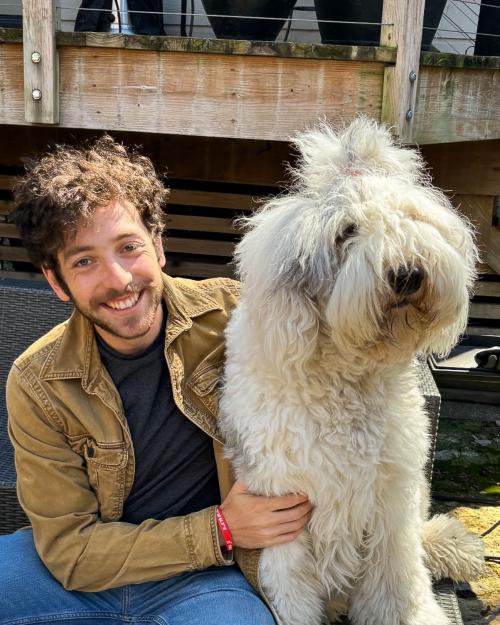
Buckle up, but enjoy the ride. It will be hard. Lean into it. Embrace the suck rather than let it beat you down. Your college experience is what you make of it, which can be a luxurious freedom and an ominous responsibility. Having a good time at Cornell is all about balance. When its time to work, work with 100% intent. When its time for fun, play with 100% intent. You don’t need to have your life figured out at 18 years old, but even if you’ve got a strong inkling, I urge you to reach outside the box with your education. Take a class in a topic you’ve never heard of. Choose a subject that you’ll never get to experience anywhere else. Try a cuisine you don’t have at home. Join a club. Join two. Make friends with people who are different from you in every way. Get off campus and explore Ithaca. When its raining, batten down the hatches. When its nice out, spend every second possible outdoors. You’re going to struggle, you’re going to fail, and that's okay. Be there for your friends in the way you want them to be there for you. You’ve been given access to one of the greatest collections of brilliant people, with extraordinary knowledge. Make the most of it.
Every year, our faculty nominate graduating Arts & Sciences students to be featured as part of our Extraordinary Journeys series.Read more about the Class of 2025.
